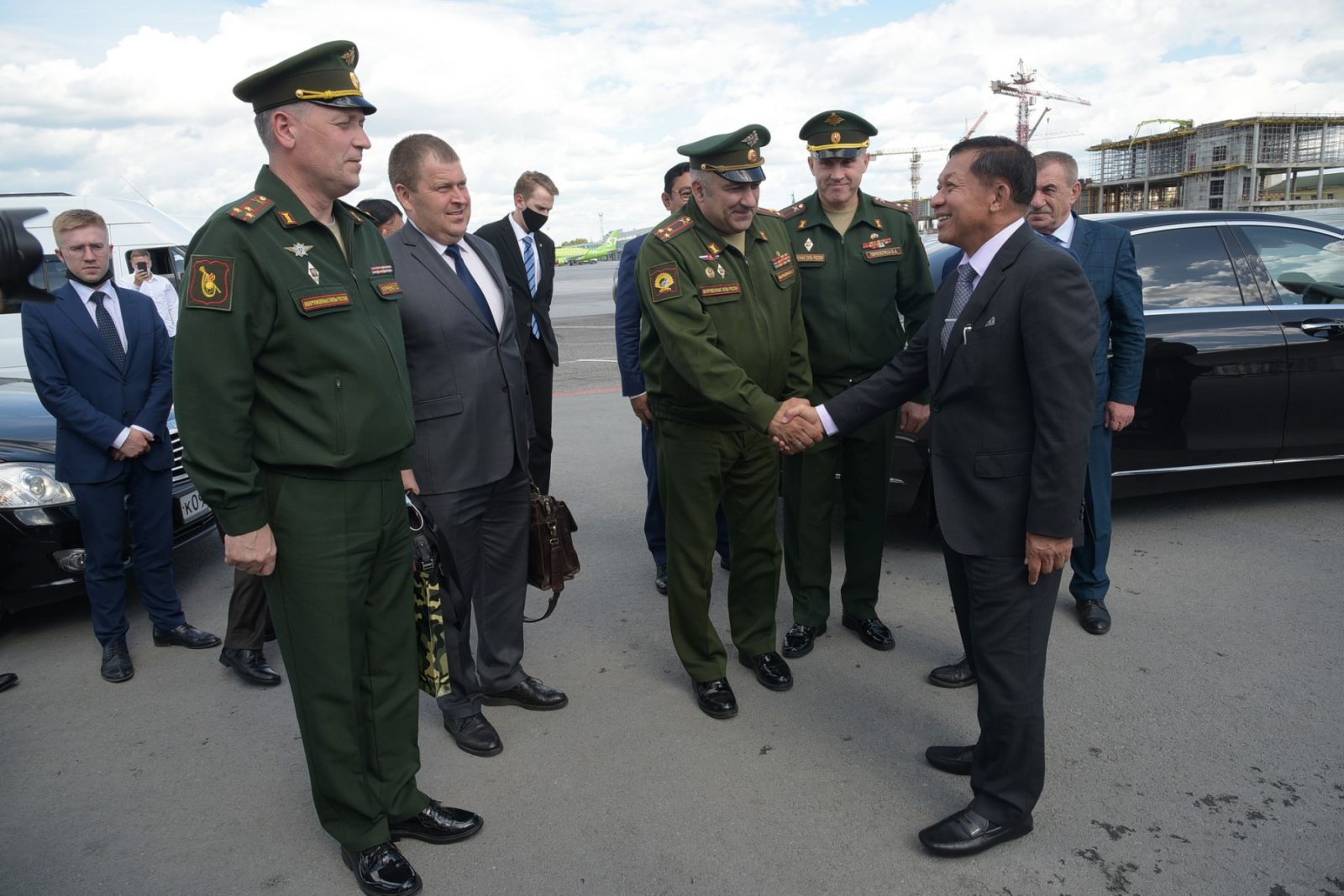It’s official: China and several of Myanmar’s other neighbors have no intention of condemning the military coup.
Since the military seized power in February, Myanmar has seen sustained anti-China demonstrations. Nearly five months since the takeover, the military continues to face daily protests, though the number has declined since the days immediately after the coup. At the same time, we are seeing more violence and targeted killings aimed at regime targets in some parts of the country. The message to the junta from the majority of Myanmar citizens remains clear: We will not let you rule the country.
Despite this, the Chinese government has made a “fundamental assessment” that Myanmar is moving into another prolonged period of military rule, according to the Financial Times.
Yun Sun, an expert on Myanmar-China relations with the Stimson Center, a US think-tank, said, “I think the Chinese can see that this military coup is successful and is here to stay.”
China is one of the top investors in Myanmar and has strategic infrastructure projects in the country, including energy pipelines that give Beijing a critical link to the Indian Ocean. China also continues to provide political and military support to ethnic armed groups based along the Myanmar-China border.
Among the Myanmar public today, the perception that Beijing has long been and remains a staunch supporter of the military has resulted in growing levels of public discontent and disgust toward China.
China is taking a huge risk by doing business in military-run Myanmar in defiance of the public’s condemnation.
On June 5, Chinese Ambassador Chen Hai met coup maker and State Administration Council (SAC) leader Senior General Min Aung Hlaing in Naypyitaw, becoming the first ambassador to do so.

According to the Chinese Embassy, Chen stressed the value and importance to China of its traditional friendship with Myanmar. “China sincerely hopes for the earlier restoration of peace and stability in Myanmar, and supports the implementation of [the] consensus by ASEAN and Myanmar. China will continue to play a constructive role in this regard,” it said in a statement, in which the coup maker was referred to as “the leader of Myanmar”.
In the past, Beijing cultivated good relations with now ousted government officials including State Counselor Daw Aung San Suu Kyi, who is currently in detention in Naypyitaw. But its refusal to condemn the coup and its support for the regime at the UN Security Council has made China, and institutions associated with it, a target for anti-junta protesters in Myanmar.
Attacks on China-linked businesses and China’s natural gas pipelines in Myanmar since the coup prompted the Chinese to request an emergency meeting with regime officials, at which the Chinese side urged the junta to tighten security measures.
China’s interest in Myanmar is deep, but Myanmar citizens’ revulsion toward China runs deeper.
It is easy enough to speculate that Myanmar is set to suffer a prolonged period of military rule. But if the coup is judged to have achieved its aims and the generals can claim victory over the people—who have steadfastly rejected military rule—then we must ask ourselves: Who are the military’s partners in crime?
The answer is crystal clear: Apart from China, Russia and Myanmar’s neighbors are at the top of the list of Myanmar citizens’ naming and shaming campaign.
Min Aung Hlaing arrived back in Myanmar on Sunday night after his weeklong trip to Russia. During his visit, he lauded Russia as Myanmar’s friend forever. The coup leader, of course, was bound to say this, due to the military ties between the two countries. Plus, Russia is the second-largest arms exporter to Myanmar after China, and both Moscow and Beijing continue to act as diplomatic shields for the junta against any action by the UN, not to mention their failure to condemn the coup.
Closer to home, neighboring countries like Thailand, India and others have also been tightlipped about the coup. The silence of India, Myanmar’s biggest neighbor after China and the world’s largest democracy, can probably be attributed to its military ties with Min Aung Hlaing’s military and the coup leader’s good relations with Indian Prime Minister Narendra Modi.
Thailand has turned out to be a bird of a similar feather. Its Deputy Prime Minister Prawit Wongsuwon has taken a hands-off approach, describing the military takeover in Myanmar as “an internal matter.” It should also be noted that both India and Thailand abstained from voting on a UN General Assembly resolution calling for a halt to weapons supplies to Myanmar, further proving their complicity in the junta’s crimes.
Enter Dr Martin Luther King Jr.
“In the end, we’ll remember not the words of our enemies but the silence of our friends.”
You may also like these stories:
Ex-Japanese Minister’s Firm Partners With Myanmar Military-Linked Company
Myanmar Regime Charges Ousted Magwe Region Chief Minister With Corruption
Myanmar Junta Reorganizes Legal Team for ICJ Rohingya Genocide Case

















